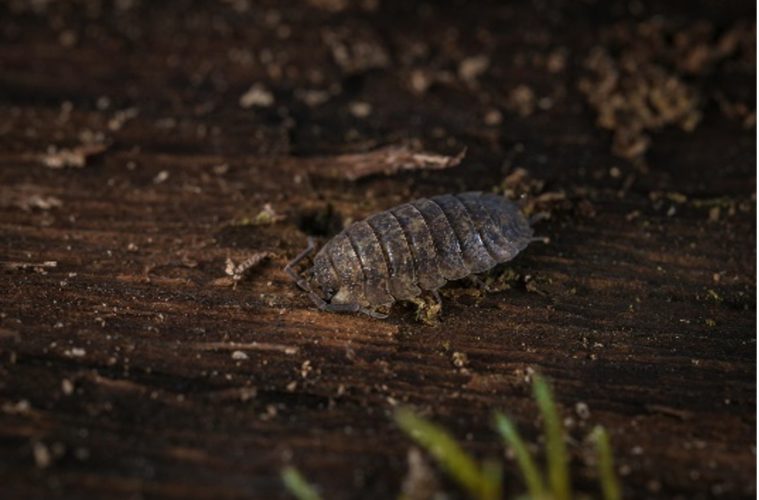The woodlouse is an isopod animal belonging to the family Oniscidea. It is a terrestrial crustacean – the only one of its kind – with an average lifespan of 3 years. Its role is very important for composting. It is an excellent recycler, mainly attacking dead organic matter. There are at least 4,000 different species, spread across all five continents, with a stronger presence in humid tropical areas, particularly in Central and Sub-Saharan Africa.
Indeed, woodlice feed mainly on decomposing plant matter, thus enabling a faster return of nutrients to the soil. They digest dead insects, such as mites, worms, and aphids, accelerating decomposition and compost activation. Additionally, their excrement is rich in nitrogen and enriches the soil, thereby contributing to the fertilization of nutrient-poor lands. Woodlice help soils regain their health by improving their structure and reducing pathogens.




